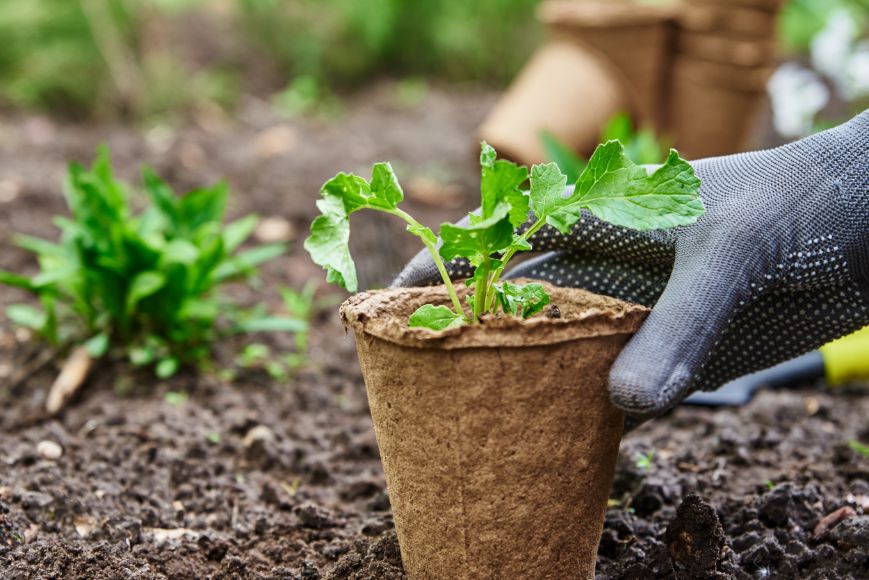7 Ways to Keep Your Garden Healthy

Maintaining a healthy garden not only enhances the beauty of your outdoor space but also supports the overall well-being of your plants, flowers, and trees. A thriving garden can provide you with fresh produce, vibrant flowers and a serene environment. To help you achieve this here are seven essential tips to keep your garden in top-notch health.
Proper Soil Care
Healthy plants begin with healthy soil. Ensure your garden’s soil is well-draining and rich in nutrients. Regularly test the pH level of the soil and amend it as needed to create an optimal environment for plant growth. Adding compost, mulch, and organic matter can improve soil structure, water retention, and nutrient availability.
Appropriate Watering
Watering your garden correctly is crucial. Overwatering can lead to root rot and other fungal diseases, while underwatering can stress plants and hinder their growth. Water your garden early in the morning to minimize evaporation and prevent the growth of mold and mildew. Consider using a soaker hose or drip irrigation system to deliver water directly to the roots.
Prudent Plant Selection
Choose plants that are well-suited to your climate, soil type, and available sunlight. Native plants are often a great choice as they are naturally adapted to the local conditions. Selecting the right plants reduces the likelihood of pests and diseases, making maintenance easier and your garden healthier.
Regular Pruning and Maintenance
Pruning is not just for aesthetics; it’s essential for the health of your plants. Remove dead or diseased branches to prevent the spread of diseases and to encourage new growth. Regularly trim back overgrown plants to ensure proper air circulation and sunlight penetration, which can help prevent fungal issues.
Natural Pest Control
Integrate natural pest control methods to protect your garden without harming beneficial insects or the environment. Encourage predatory insects like ladybugs and lacewings that feed on garden pests. Planting companion plants like marigolds and basil can deter harmful insects, reducing the need for chemical pesticides.
Crop Rotation
If you have a vegetable garden, practice crop rotation each growing season. This technique involves changing the location of crops to prevent the buildup of soil-borne diseases and pests that can affect specific plant families. Crop rotation helps maintain soil health and fertility over time.
Mulching
Applying a layer of organic mulch around your plants offers multiple benefits. Mulch helps retain soil moisture, suppresses weed growth, and regulates soil temperature. As the mulch breaks down, it enriches the soil with nutrients, further supporting plant growth.
Conclusion
A healthy garden requires a combination of good practices that support soil health, water management, and plant vitality. By following these seven tips, you can create an environment that promotes strong growth, vibrant colors, and bountiful harvests. Remember that gardening is an ongoing process, and regular observation and care are essential to maintain the health and beauty of your garden.
Investing time and effort into your garden now will pay off with a lush and thriving landscape that you can enjoy for years to come. Whether you’re a seasoned gardener or just starting out, these practices will set you on the path to a garden that not only looks stunning but also supports a diverse and balanced ecosystem. Happy gardening!